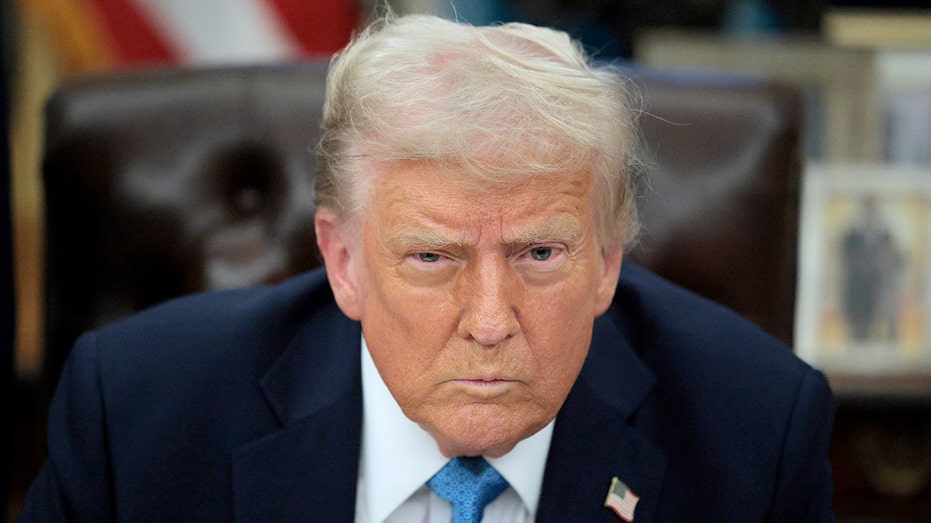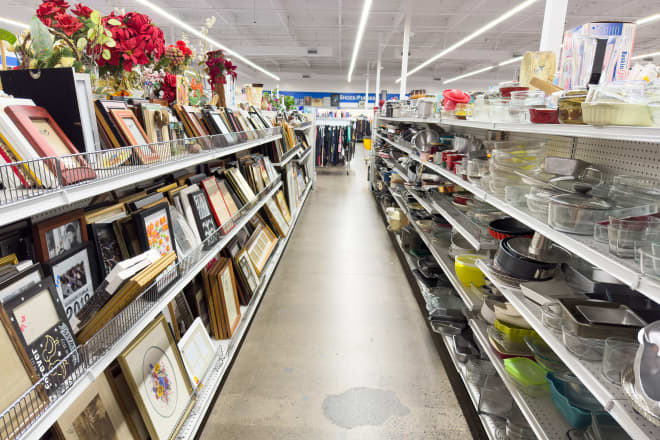Postal Service to resume accepting packages from China, Hong Kong
The U.S. Postal Service announced it will resume accepting packages from China and Hong Kong, reversing course after saying it would not take in parcels following newly imposed tariffs on China. The Postal Service said in a Wednesday notice it “will continue accepting all international inbound mail and packages from China and Hong Kong Posts.” ...

The U.S. Postal Service announced it will resume accepting packages from China and Hong Kong, reversing course after saying it would not take in parcels following newly imposed tariffs on China.
The Postal Service said in a Wednesday notice it “will continue accepting all international inbound mail and packages from China and Hong Kong Posts.”
The service added it was working “closely” with Customs and Border Protection (CBP) to “implement an efficient collection mechanism for the new China tariffs to ensure the least disruption to package delivery.”
The U-turn came after the Postal Service said Tuesday it would pause accepting parcels from China and Hong Kong “until further notice” as the Trump administration’s tariffs against Beijing went into effect just after midnight on Tuesday.
On Saturday, President Trump signed tariffs against Canada, Mexico and China, the three biggest U.S. trading partners. It imposed a 10 percent tariff on goods coming from China. Tariffs against Mexico and Canada, which were set to be 25 percent, were called off after Trump spoke with leaders of both countries Monday.
Beijing responded Tuesday, retaliating with a set of sweeping tariffs impacting critical elements, including oil, coal and natural gas. It set a 15 percent tariff on liquefied natural gas and coal along with a 10 percent one crude oil, agricultural machinery and pickup trucks.
Trump’s tariff on China included ending the de minimis trade loophole, which permitted shipping packages that are worth less than $800 without paying tax. China’s e-commerce companies Temu and Shein could be affected by the tariff.
The number of shipments coming to the U.S. that requested the de minimis exemption went up by more than 600 percent, going from around 139 million in 2015 to more than 1.36 billion during fiscal 2024, according to CBP data.
The de minimis value increased from $200 to $800 in late 2016 with the rise of e-commerce businesses and more low-value packages entering the country.

















_Agata_Gładykowska_Alamy.jpg?#)























































